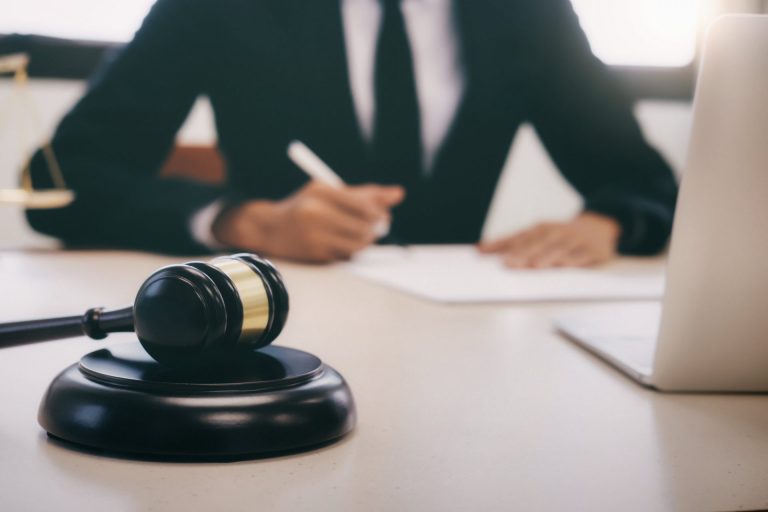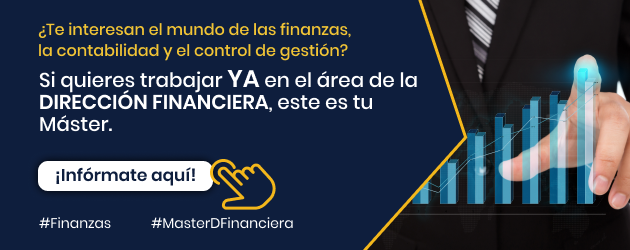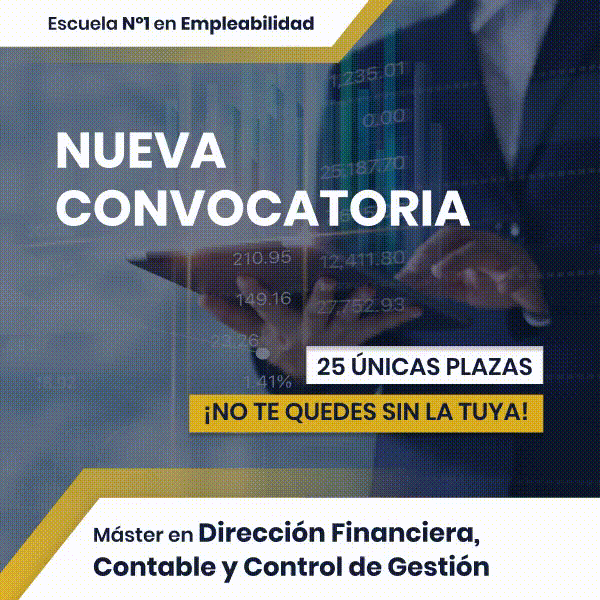The Second Chance Law (LSO) allows establishing the legal and economic framework to forgive, reduce and postpone all or part of their debts and payment commitments to third parties of natural persons under certain circumstances, which will make it possible to overcome a complex economic situation without neglecting the rights of creditors.
The Law 25/2015, of July 28, a second chance mechanism, reduction of the financial burden and other social measures was generated as stated in the law itself as a response to the crisis. This is a little-known law and there are less than 2,000 files processed per year.
Objective of this law
The objective, According to the law itself, it is:
«Allowing a natural person, despite a business or personal economic failure, to have the possibility of getting their life back on track and even risking new initiatives, without having to drag indefinitely a slab of debt that they will never be able to satisfy.«
This means that, in part, it equates the rights of natural persons with respect to legal entities to enter into situations of bankruptcy and insolvency proceedings, which have been regulated by law for years.
The same law recognizes that many insolvency situations are due to factors that are beyond the control of the debtor in good faith, so the legal system will protect those who, due to a completely unexpected and unforeseen alteration in their circumstances, cannot fulfill the commitments made. , while also safeguarding the rights of creditors.
Although the procedures to benefit from the law for natural persons and self-employed workers are complex, it can be an exit option, although we must be aware that it will not be an easy process and that the resolution period will be long.
Requirements to request voluntary bankruptcy
Voluntary bankruptcy may be requested of natural persons under the following circumstances:
- That There is NO extrajudicial agreement
- That There is NO money or assets for the debtor to meet his obligations
- That the debtor has acted in good faith.
- That Has NOT benefited from exemptionn in the second chance law in the last 10 years.
- That Has NOT been convicted of crimes against property or finances, workers' rights or documentary falsification
- That You have NOT been guilty of the situation that has been reached
- That You have NOT rejected a job offer according to their professional capacity in the last 4 years.
- That agrees to be included in the Public Bankruptcy Registry so that those creditors who have a legitimate interest can find out what situation they are in.
Steps to follow
The steps to follow to qualify to the LSO are the following:

Agreements and deferrals of payments with creditors that can be established according to the LSO will cover a period of less than 10 years, the figures allowed being:
- You remove
- Convert debt into equity and shares of which the debtor is a participant
- Transfer of goods and rights as payment of all or a partial payment of the debt
To start the process According to the LSO, you must fill out the form (which is included in the law itself) and then go to the notary to appoint a mediator. Once accepted, which does not always happen, a payment plan will be presented to creditors, entities and people to whom we owe money. The period of the negotiation process with creditors may not exceed 2 months, although the total period to process the LSO from the start of the process until the agreement is reached may exceed 2 or 3 years.
The duration of the judicial phase depends fundamentally on three factors: the saturation of each court, the complexity of each case, and the number of assets of the debtor to be liquidated.
In the event that the creditors do not accept the agreement, a fact that happens in 95% of cases since there is normally almost no monetary mass, the file will be presented to the court to request the judge for the known “Benefit of exoneration of unsatisfied liabilities”, that is, request forgiveness for debts that cannot be paid.
When the debtors have acted in bad faith or falsify the data of their declaration of their assets or income, creditors with whom an agreement has been reached may request the non-applicability of the agreement reached during the following 5 years, being exonerated from the agreement that would have been reached.
If this process of reaching an extrajudicial agreement does not give results, we could continue through judicial means to request the cancellation or exoneration of our private debts through the “Benefit for exoneration of unsatisfied liabilities (BEPI)” or the request for bankruptcy of the natural person.
There are exceptions to the agreements of the LSO of concepts that are outside any agreement or negotiation and therefore that cannot be stopped paying and these are;
- Child support and debts with the Treasury and Social Security
Additionally, creditors may request the revocation of the BEPI when the following circumstances occur:
- If the debtor incurs circumstances that would have excluded the application of this benefit.
- If you fail to fulfill your commitments of the payment plan.
- If your financial situation improves so that he could face his previous debts.
- If the existence of income is discovered, assets or rights that had been hidden, during the following 5 years.
Finally, if we reach a successful conclusion in the application and implementation of the second chance law
«The information that we have joined the LSO will be public when it is registered in the Bankruptcy Public Registry«
This registration means that it can be consulted by people with legitimate interest such as banks, clients or suppliers, and also by public administrations and judicial bodies.
«Although the application of the LDO is a long and cumbersome process It can be a way out of serious financial problems«
A bad streak can happen to anyone and by applying the law of second chance, there can be a second life free of debt.

































